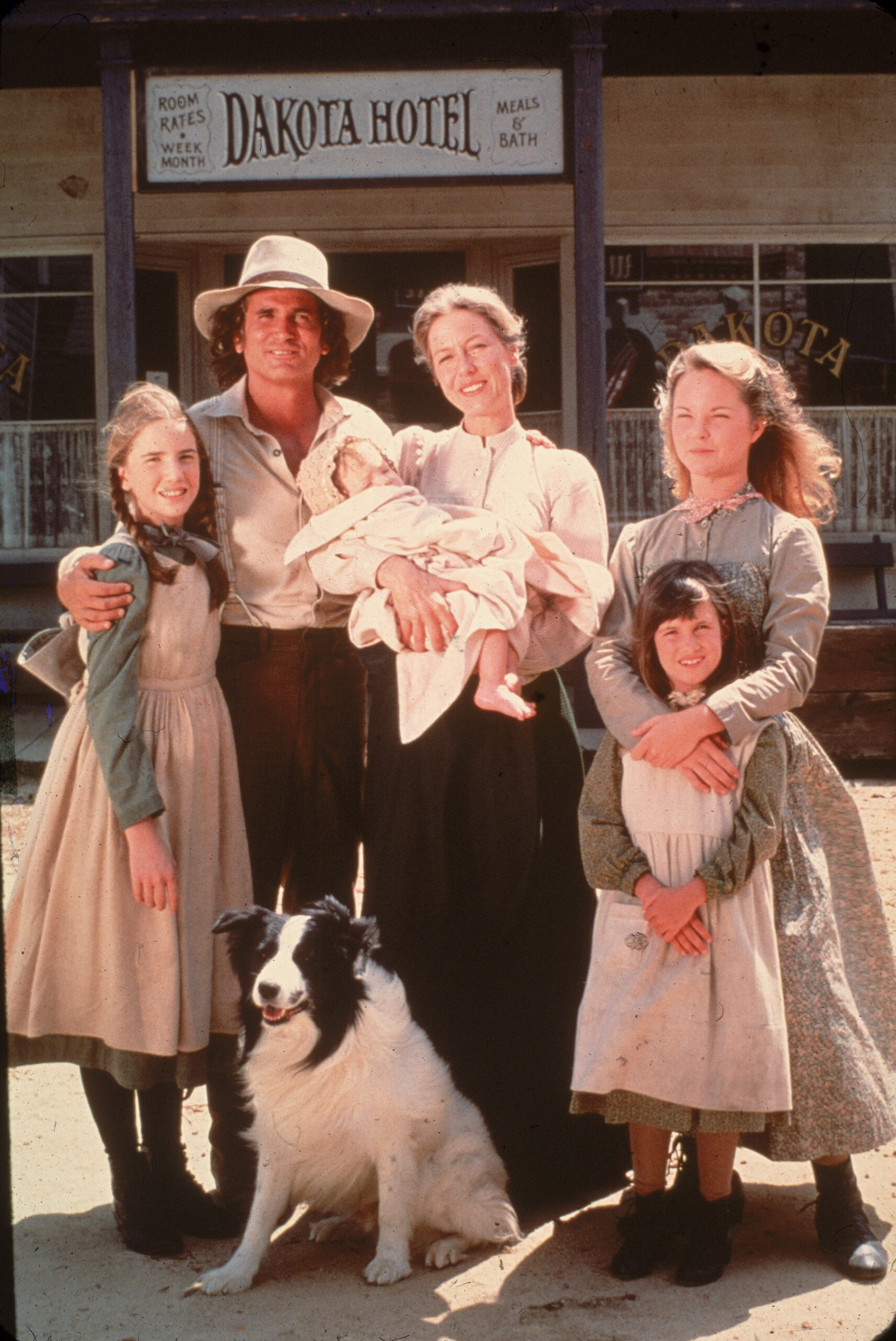
Melissa Gilbert is finally at a place where she feels comfortable sharing a diagnosis that not only heavily impacted her childhood, but affects approximately 1 in 5 people in their lifetime.
Gilbert, 60, who played Laura Ingalls on Little House on the Prairie, called it “a really dark and difficult part of my childhood.”
In an interview with People, the actress shared her time on the set of Little House on the Prairie was particularly tough, especially when filming scenes in school.
“If any of the kids chewed gum or ate or tapped their fingernails on the table, I would want to run away so badly,” she said. “I would turn beet red and my eyes would fill up with tears and I’d just sit there feeling absolutely miserable and horribly guilty for feeling so hateful towards all these people—people I loved.”

Like many, Gilbert continued to silently suffer until one day she learned about a disorder called misophonia, a disorder characterized by excessive and intense reactions of anger, disgust, and a fight-or-flight response to common sounds.
“I sobbed when I found out that it had a name and I wasn’t just a bad person,” she said.
It offered an explanation for all the times she “would just glare at my parents and my grandmother and my siblings with eyes filled with hate.”
“I really just thought that I was rude. And I felt really bad. And guilty, which is an enormous component of misophonia, the guilt that you feel for these feelings of fight or flight. It’s a really isolating disorder.”

Common triggers of the neurophysiological disorder include: heavy breathing, chewing, clicking a pen, water dripping, rustling paper, or smacking lips. Symptoms of misophonia are different for everyone, but generally fall into three categories: emotional, body, and behavioral.
Reactions to the sounds can include: anger, disgust, increase in blood pressure, sweating, goosebumps, chest tightness, verbal reaction, violent or non-violent reaction to stop the sound.

Despite knowing her condition had a name, Gilbert didn’t realize misophonia was treatable until 2023 when she discovered Duke’s Center for Misophonia.
After years of attempting to deal with the condition on her own and suffering a setback when she reached menopause – “I was more touchy – she decided to reach out for help.
She underwent 16 weeks of “intensive” CBT therapy where she learned the necessary tools to cope.
“I realized I could ride out these waves but that they’re not going to go away. They never go away. But now I have all these tools to enable me to be more comfortable and less triggered. It made me feel in control.”
I applaud Melissa for coming forward and sharing her diagnosis. For anyone who suffers from misophonia it’s a terrible condition. I hope her story will inspire others to get help.
READ MORE:
- ‘Little House on the Prairie’ star Melissa Gilbert hospitalized after mysterious bug bite
- Melissa Gilbert embraces aging as she ditches Botox and implants




